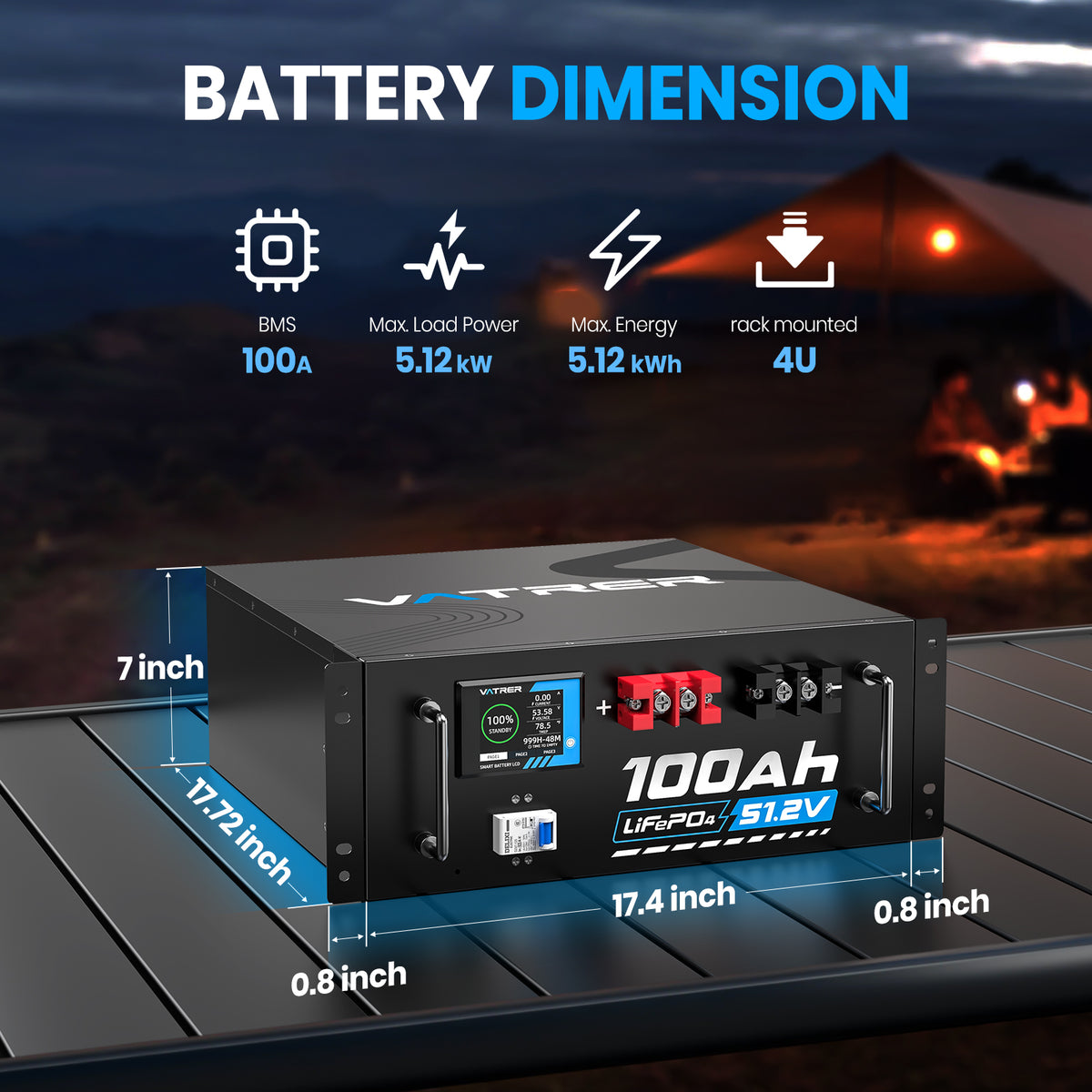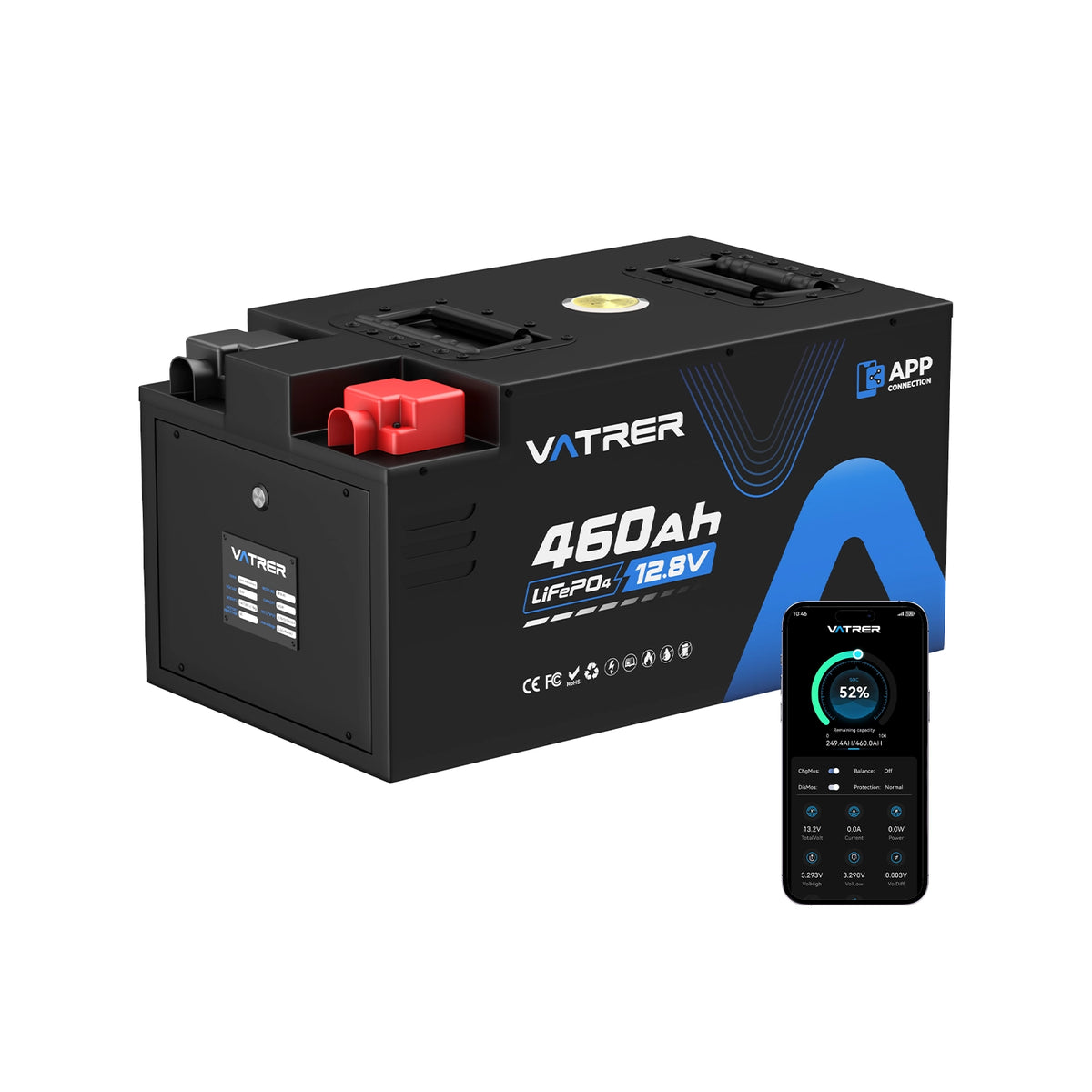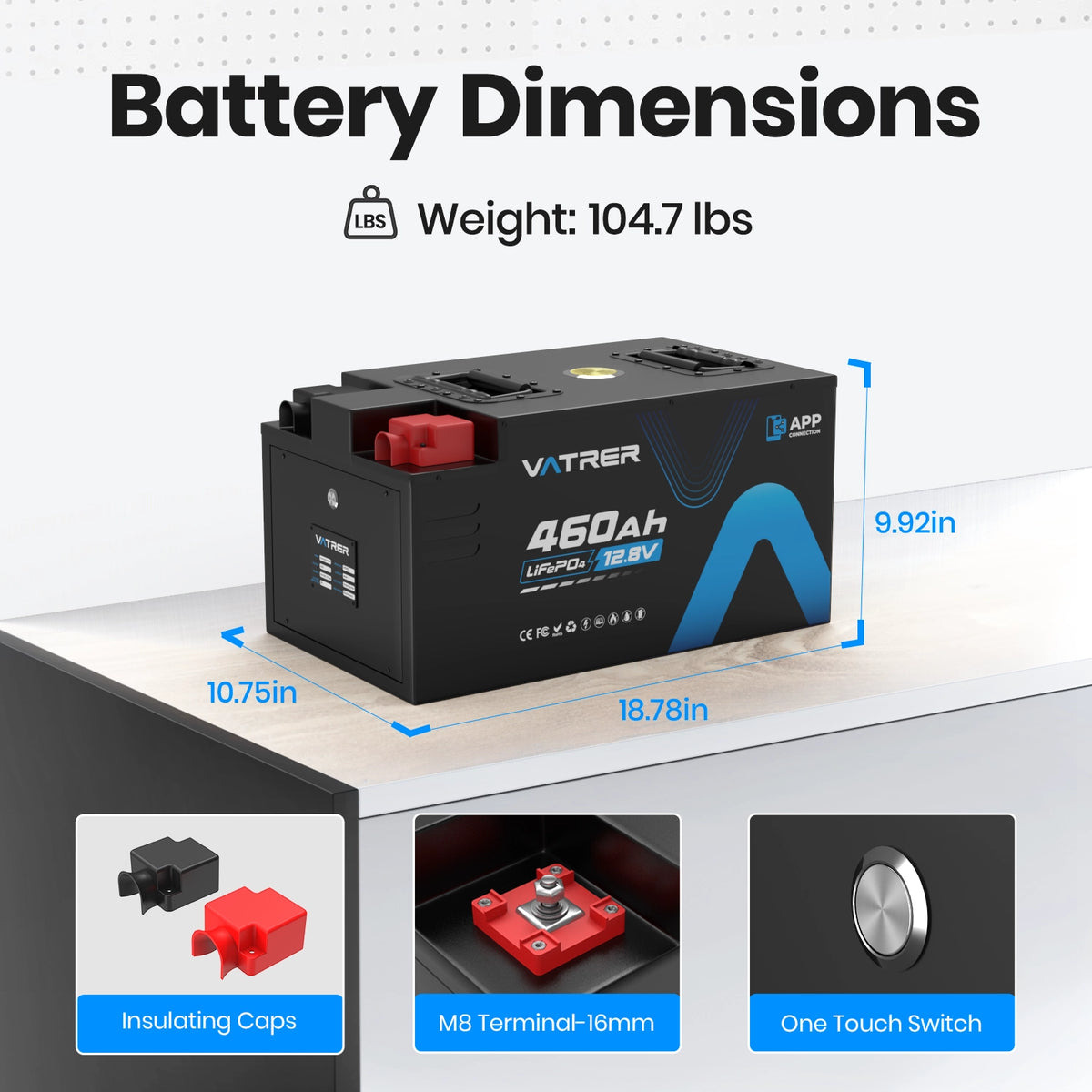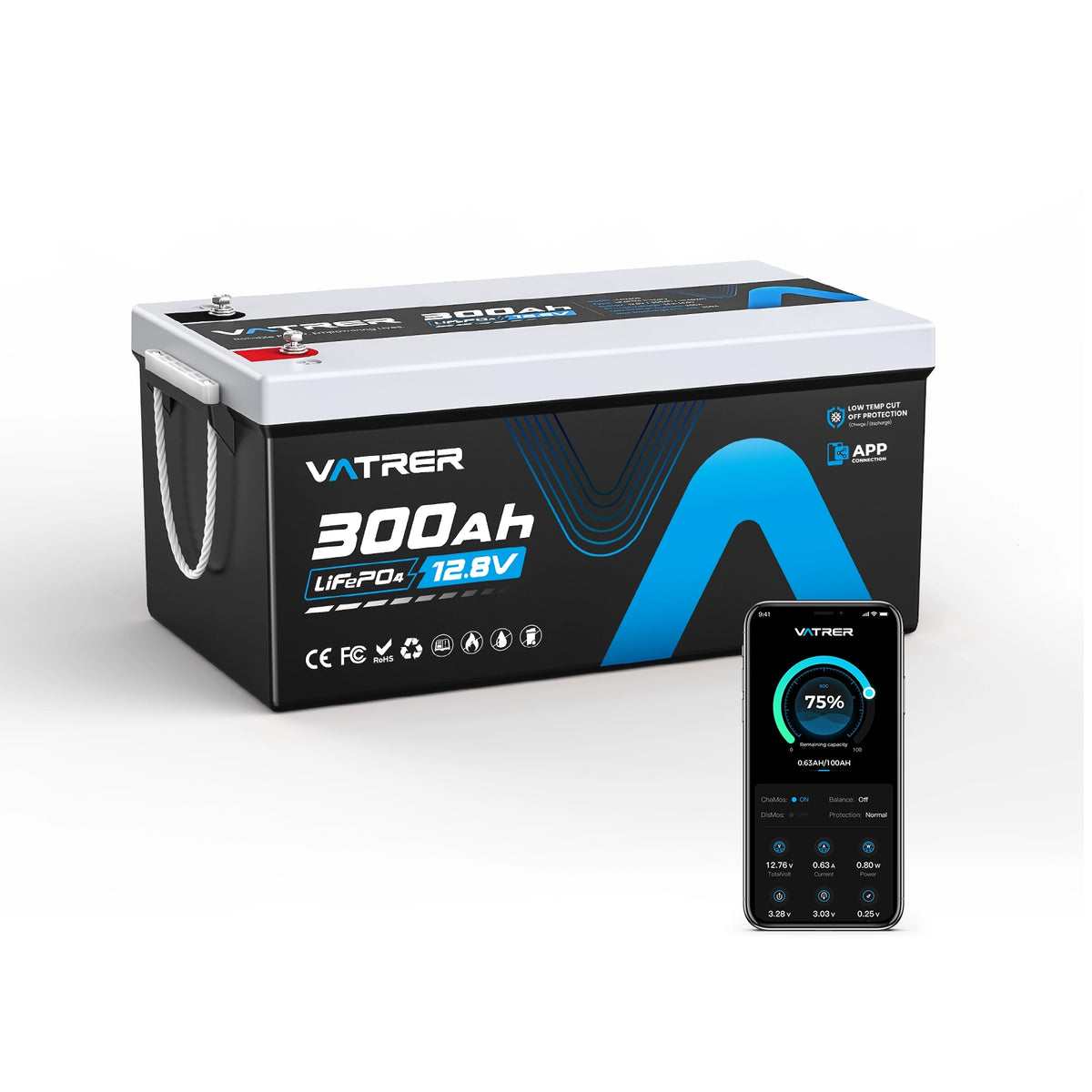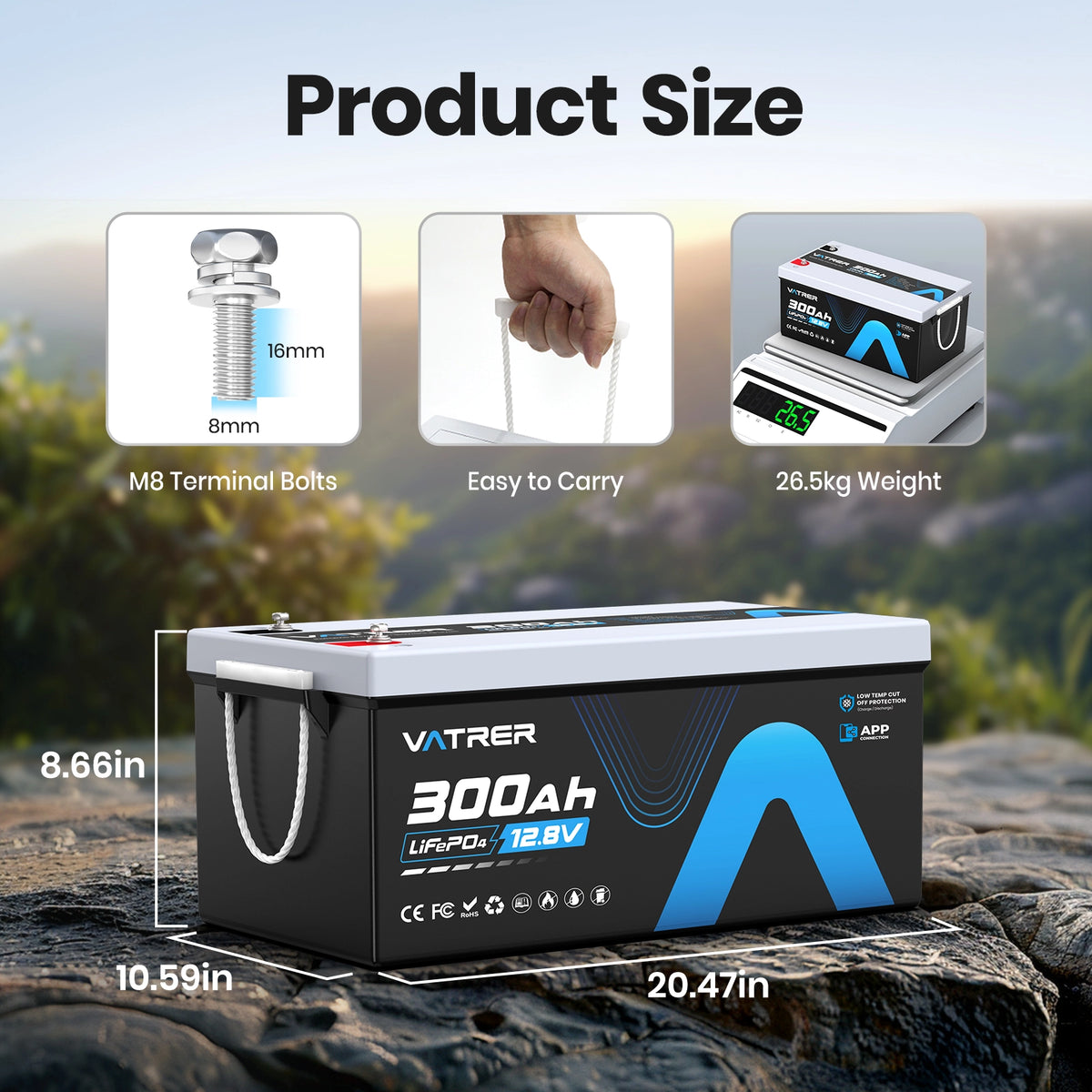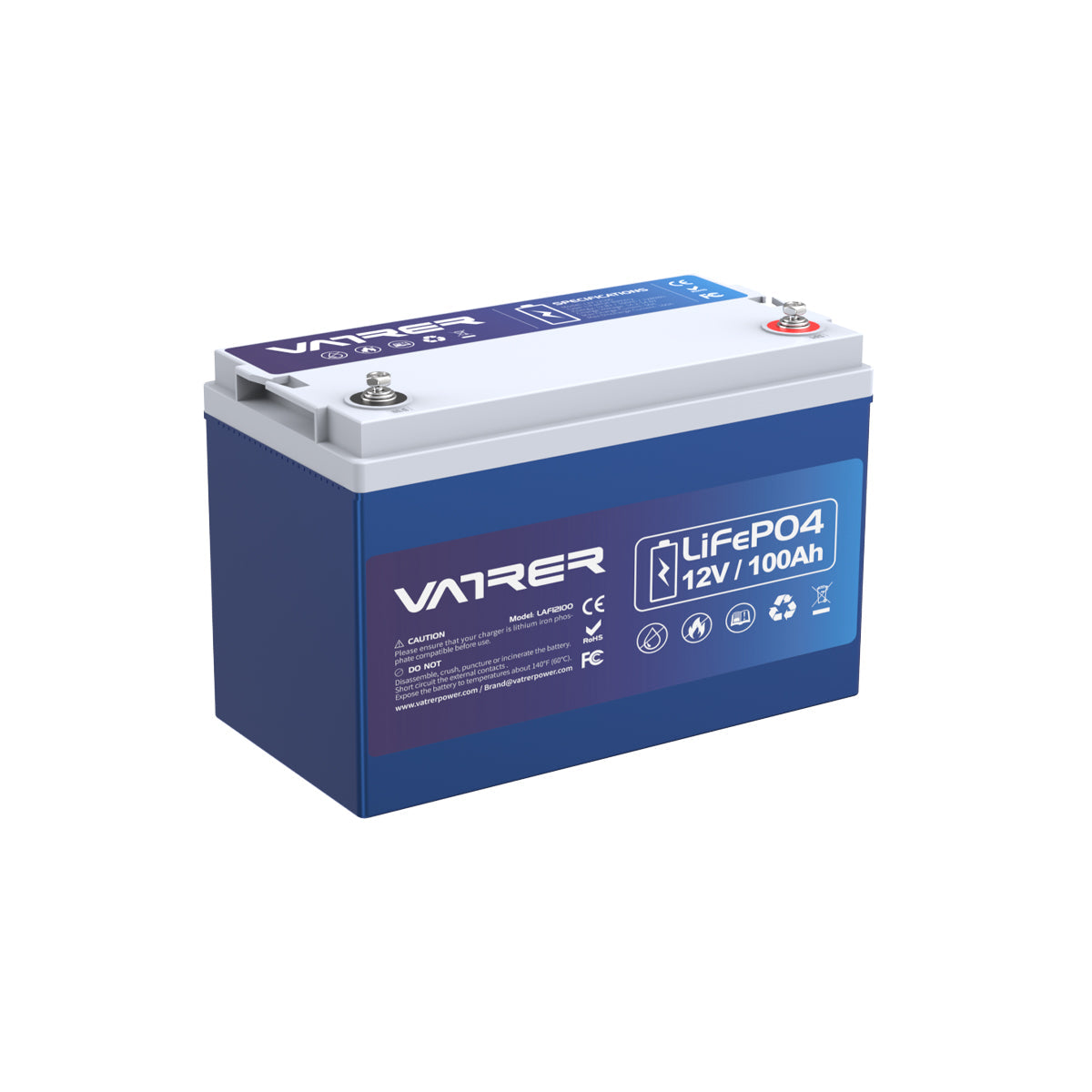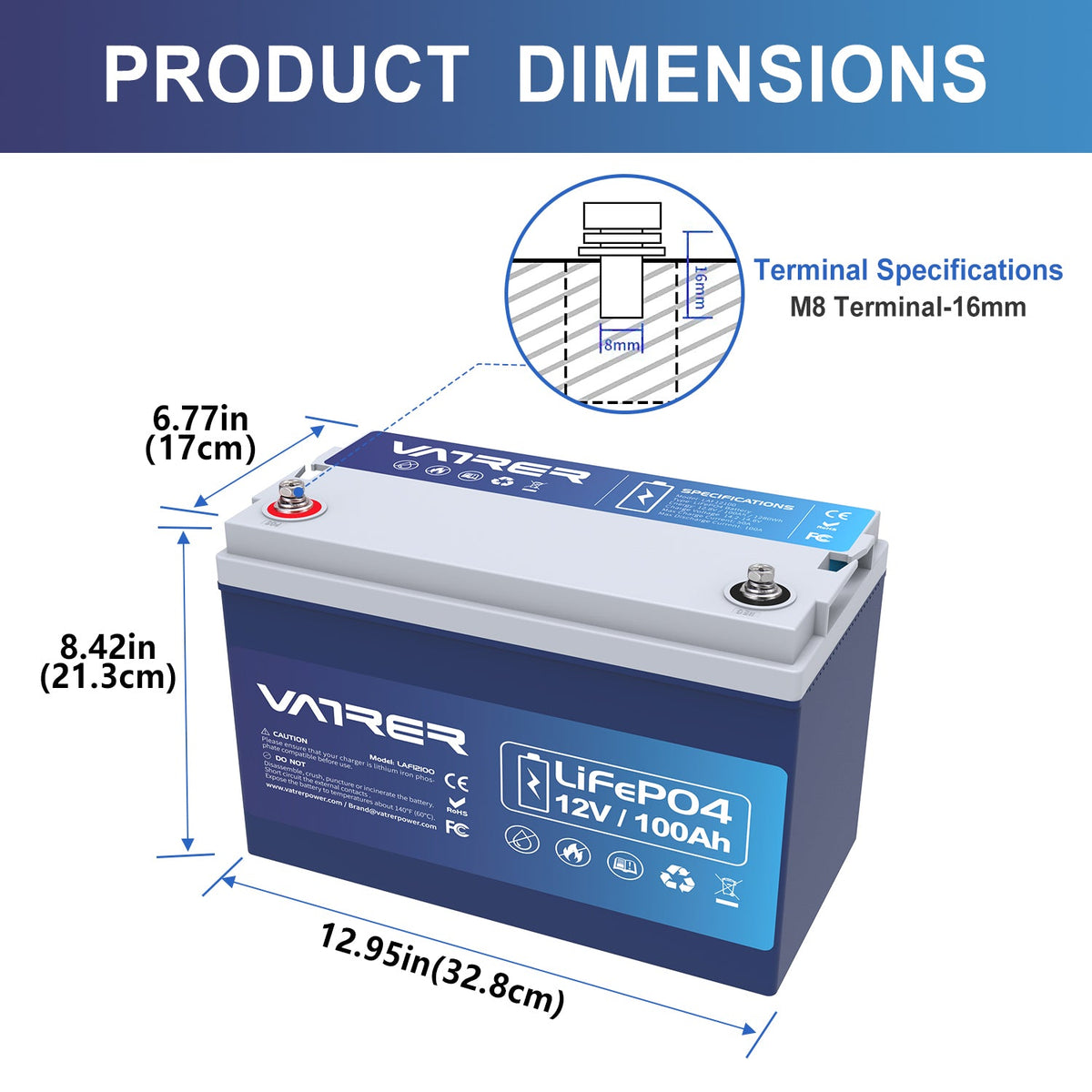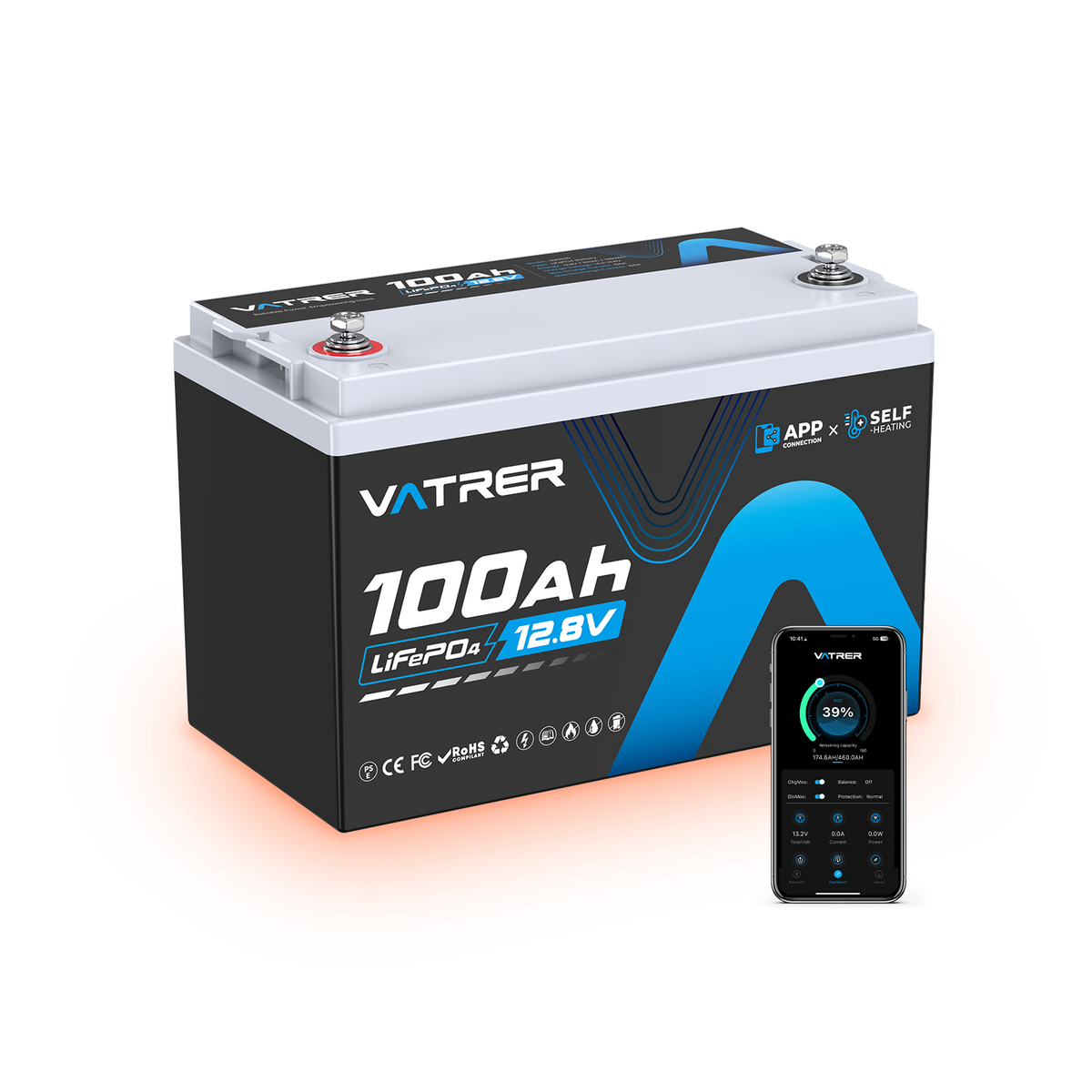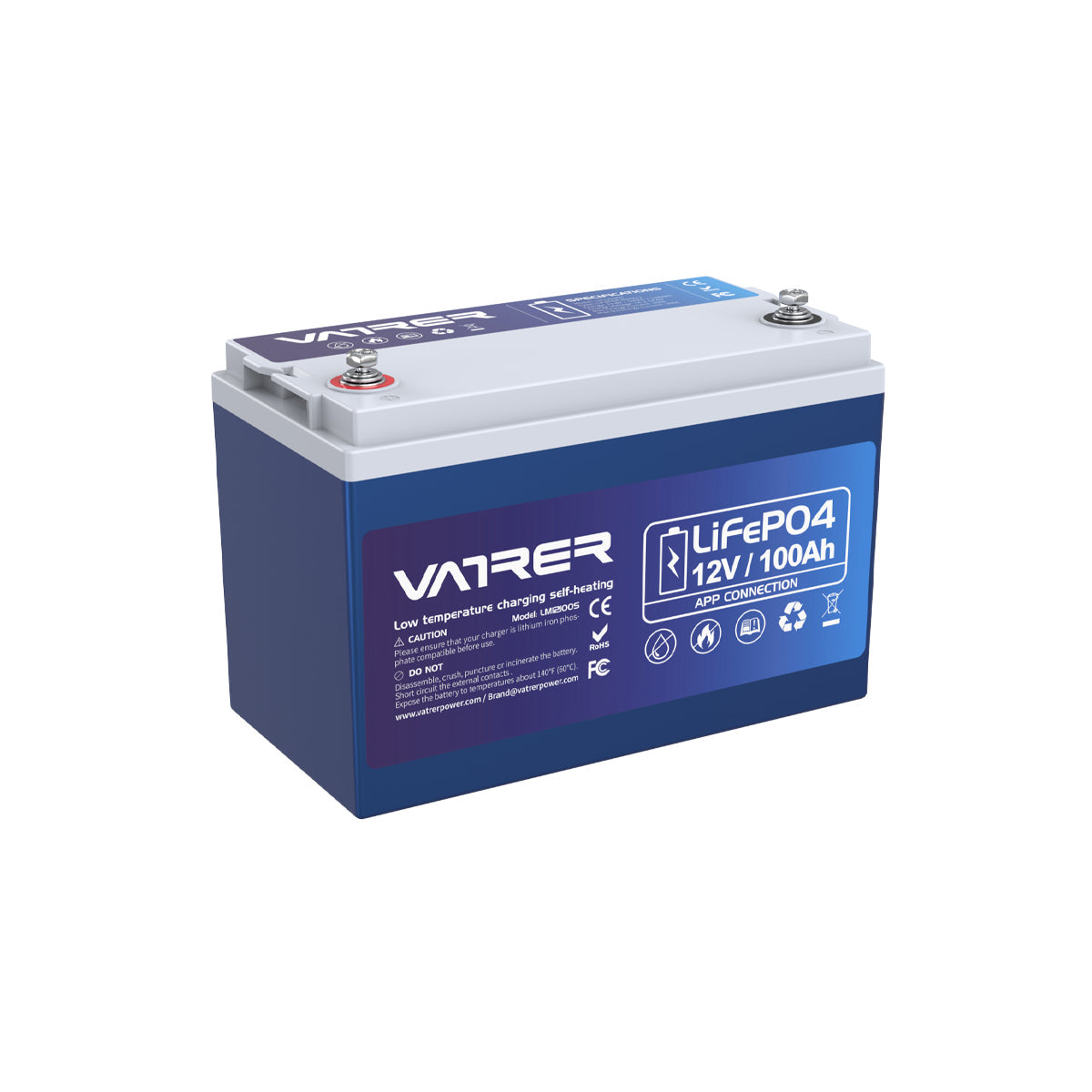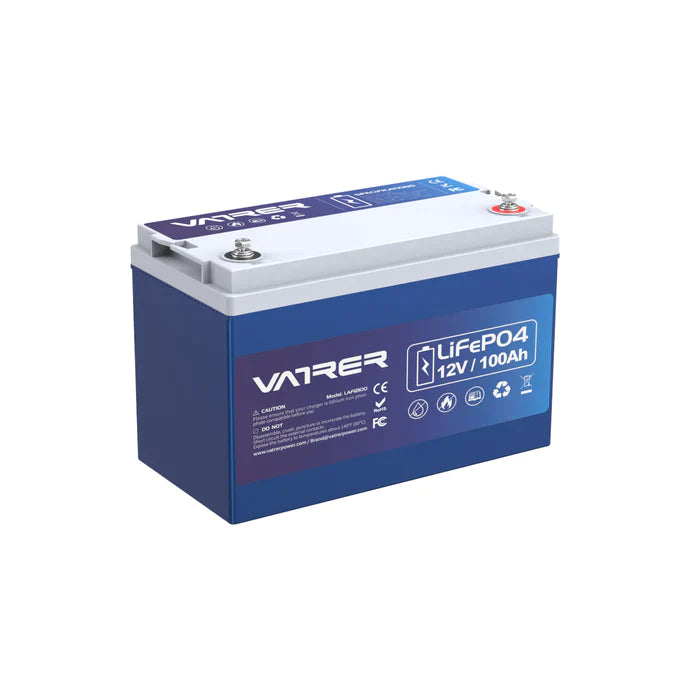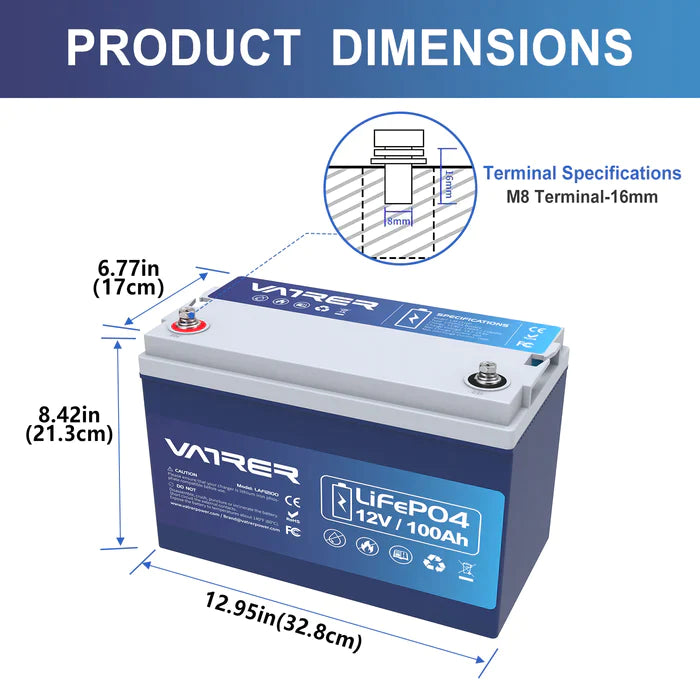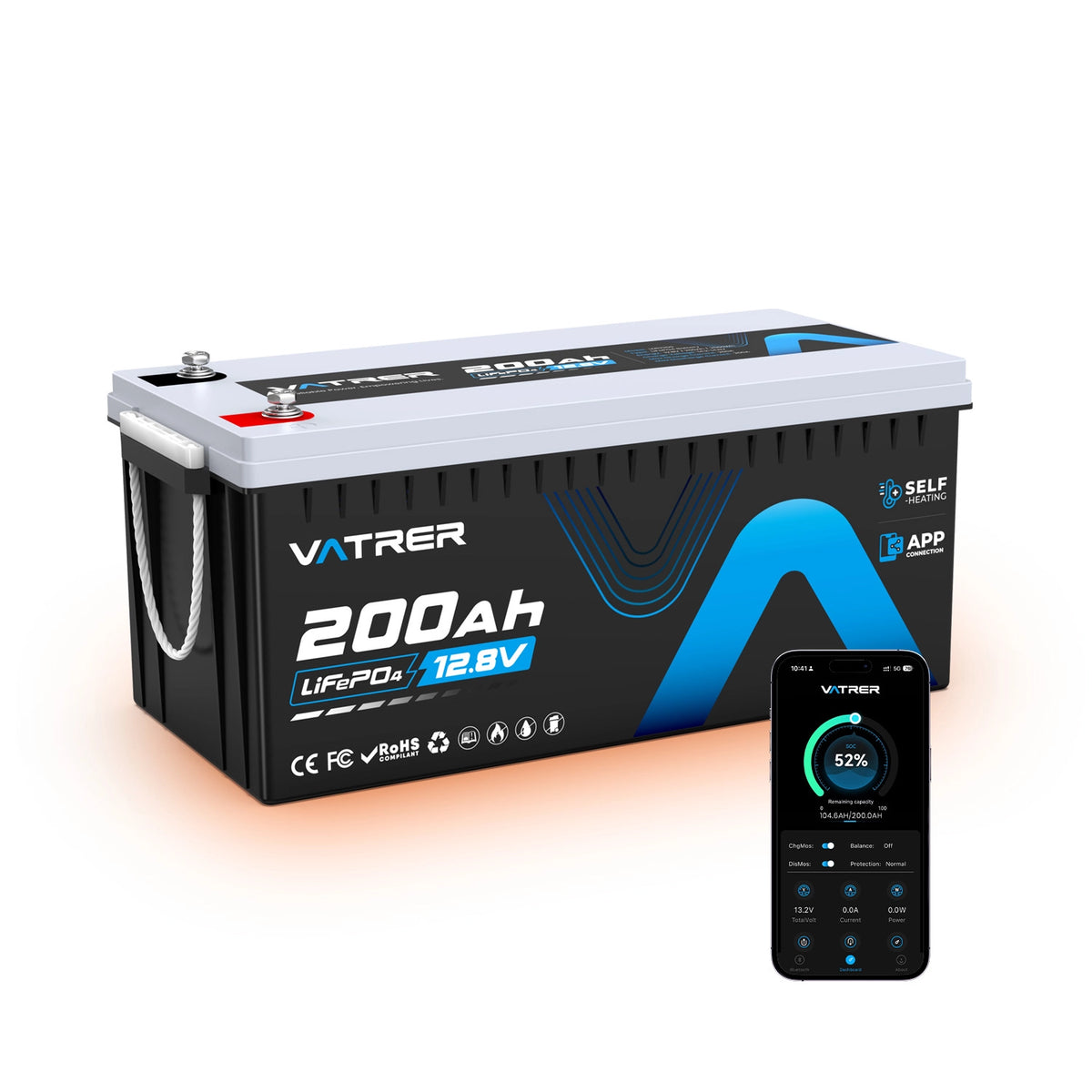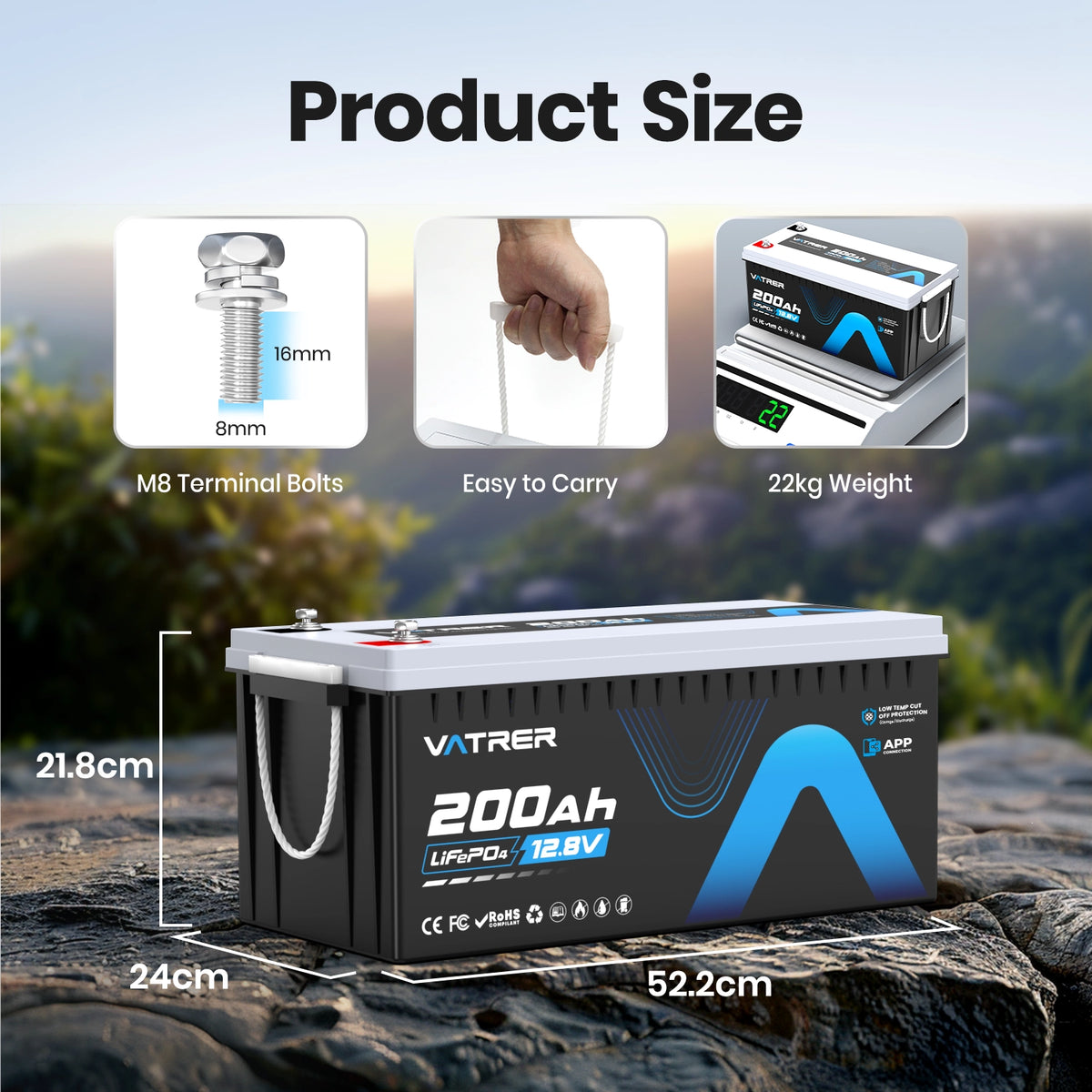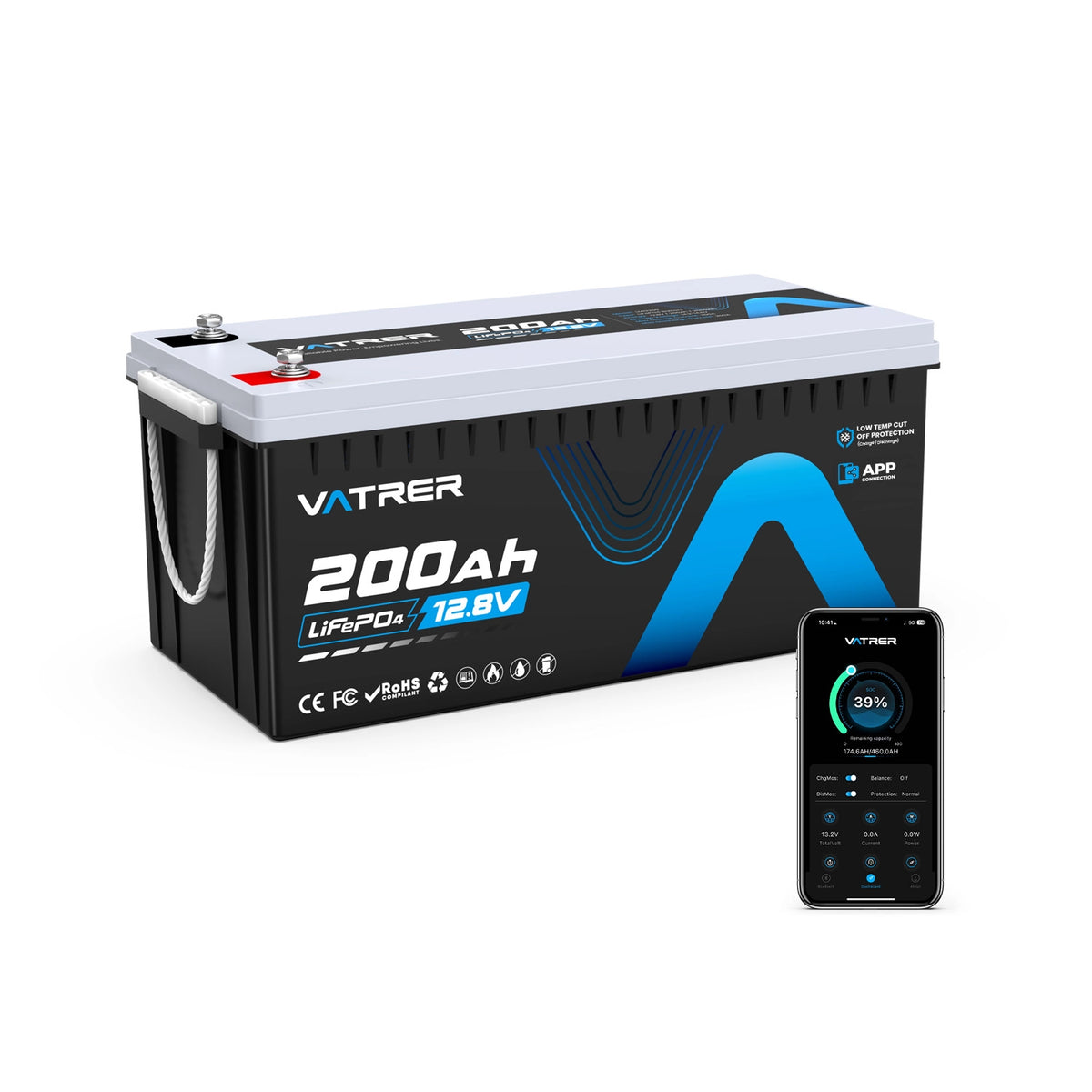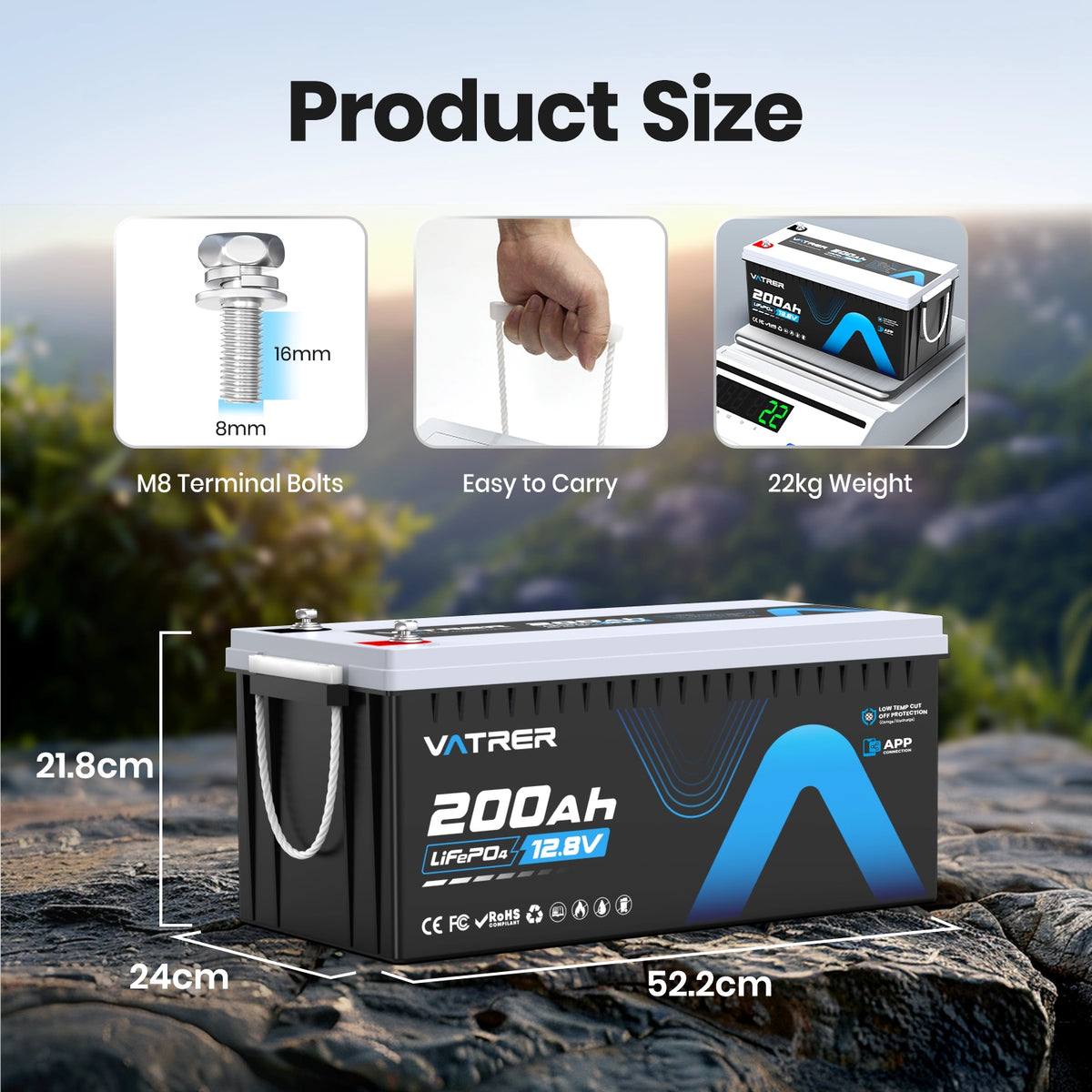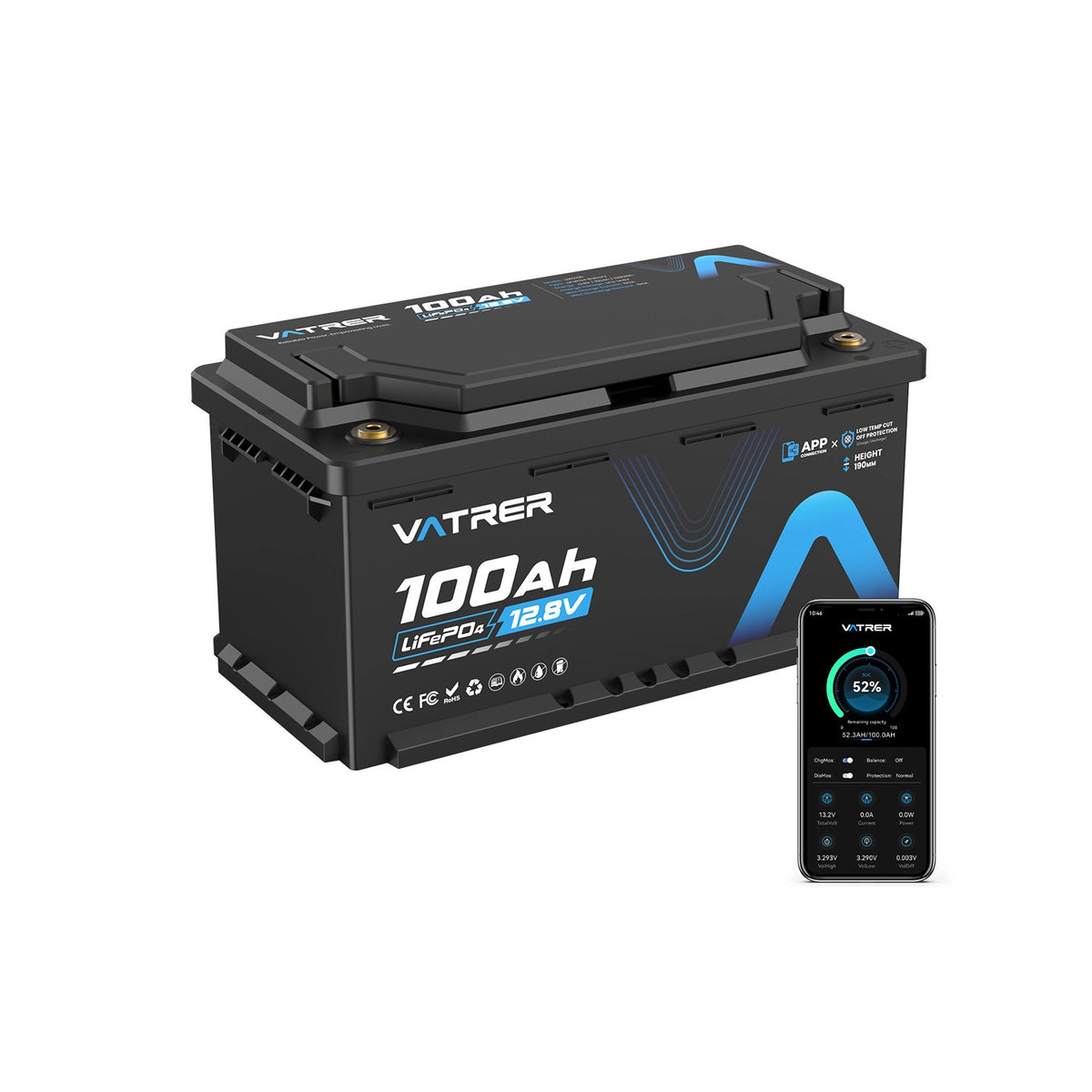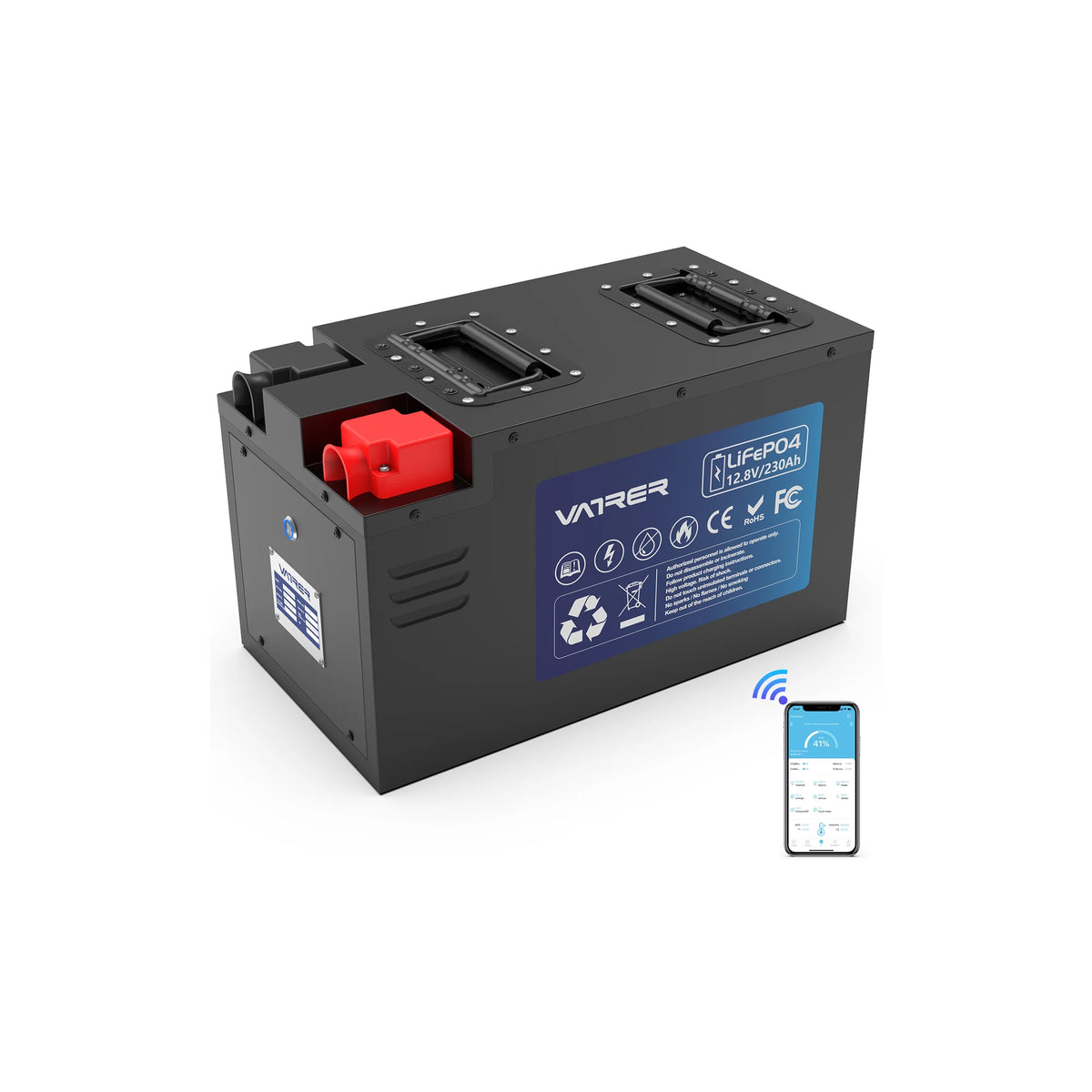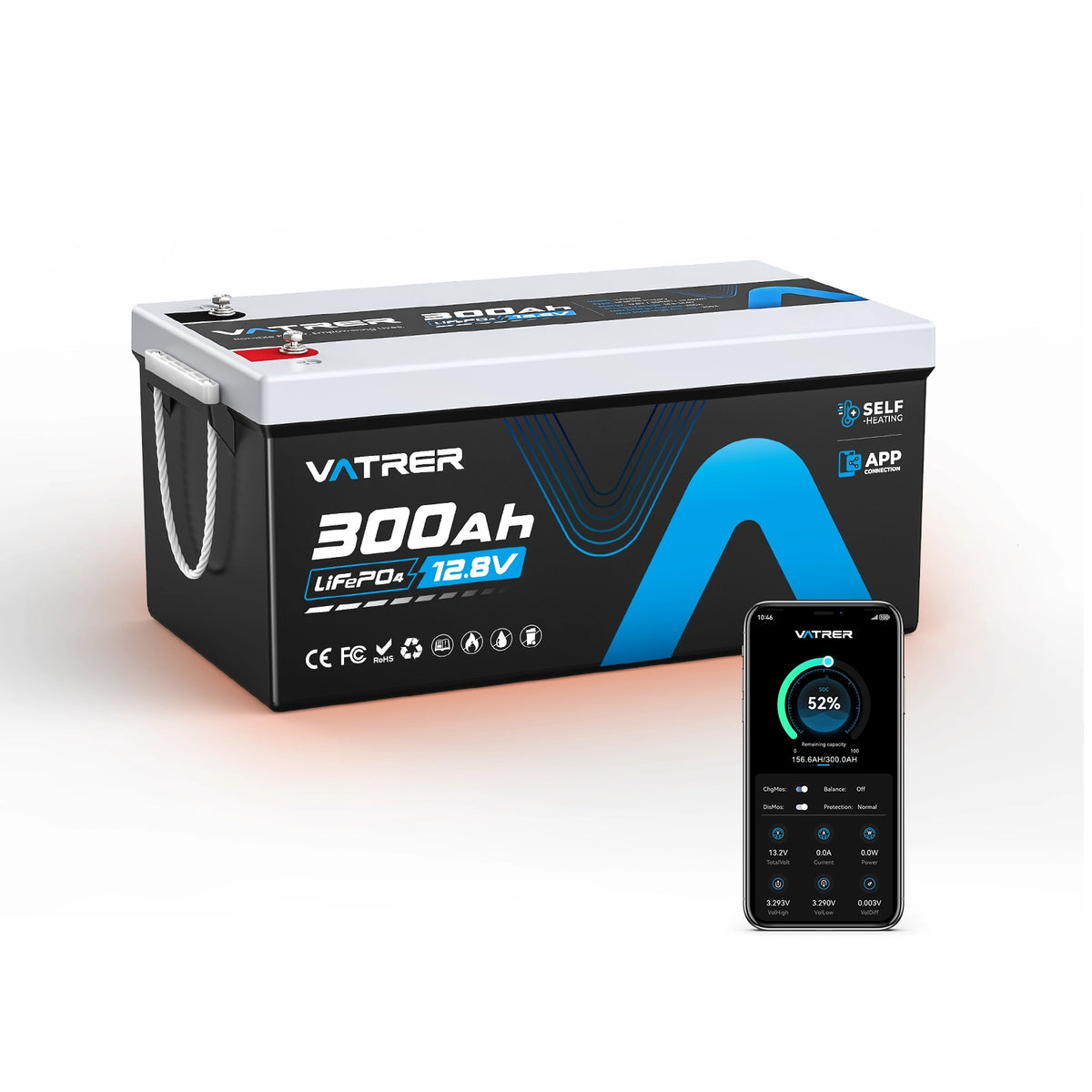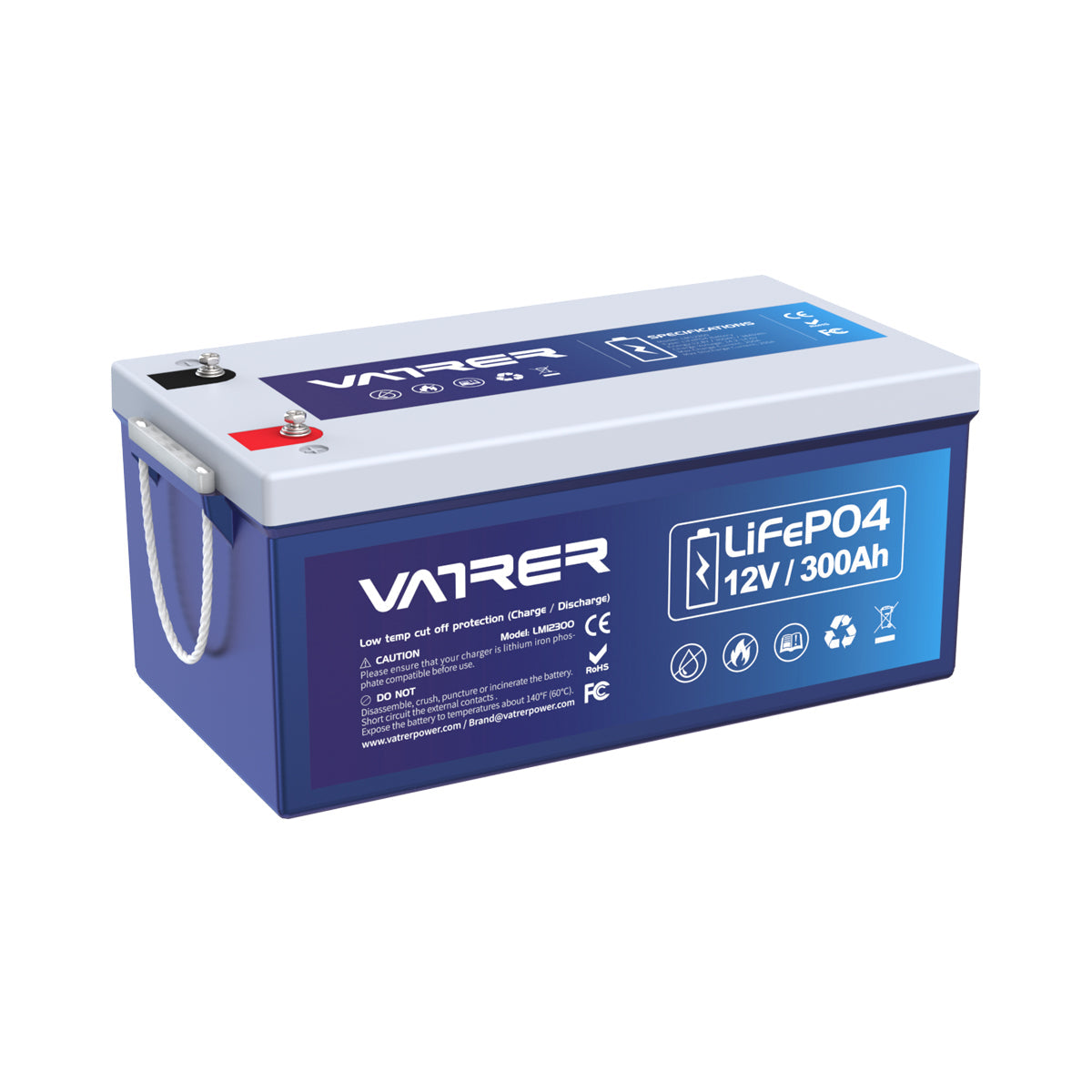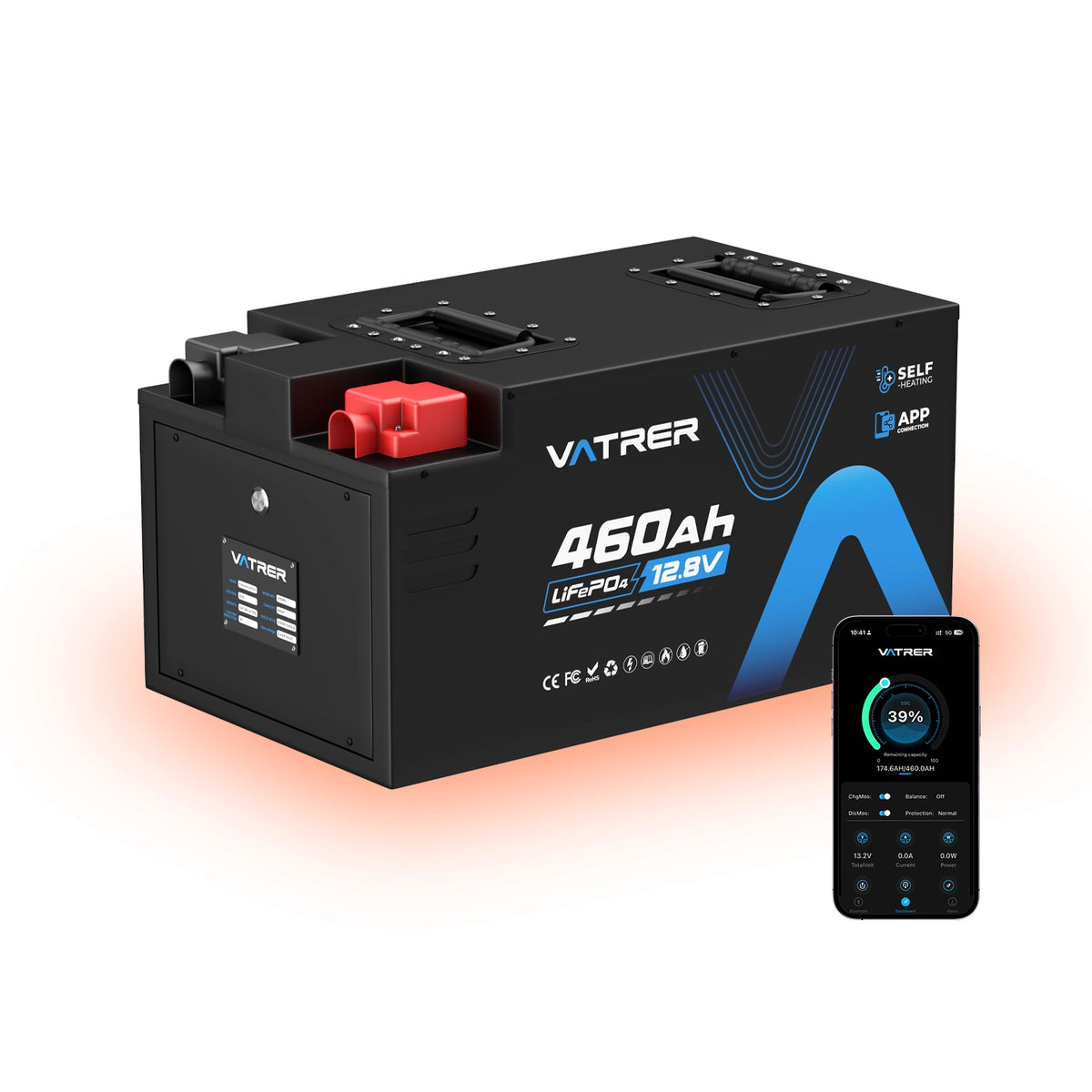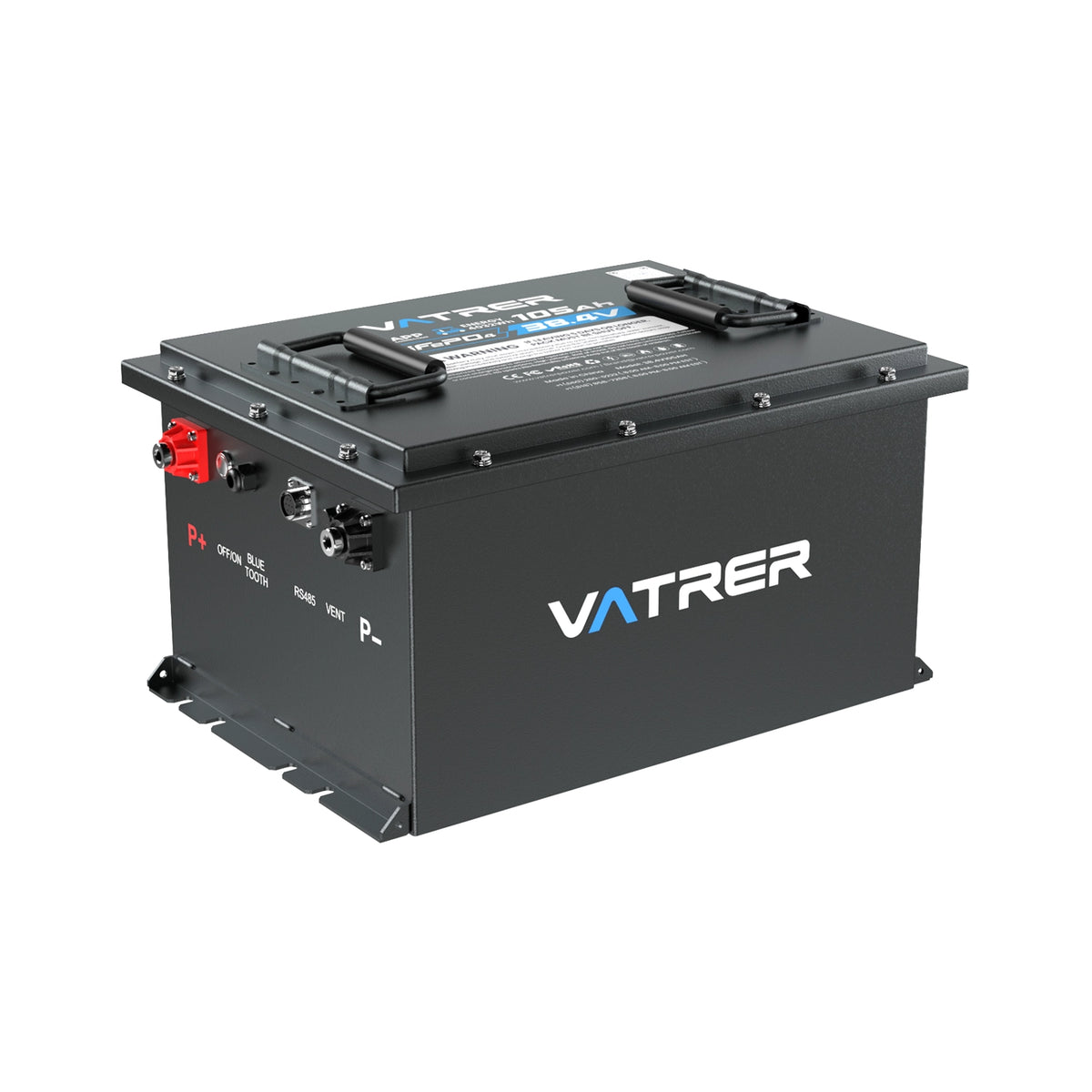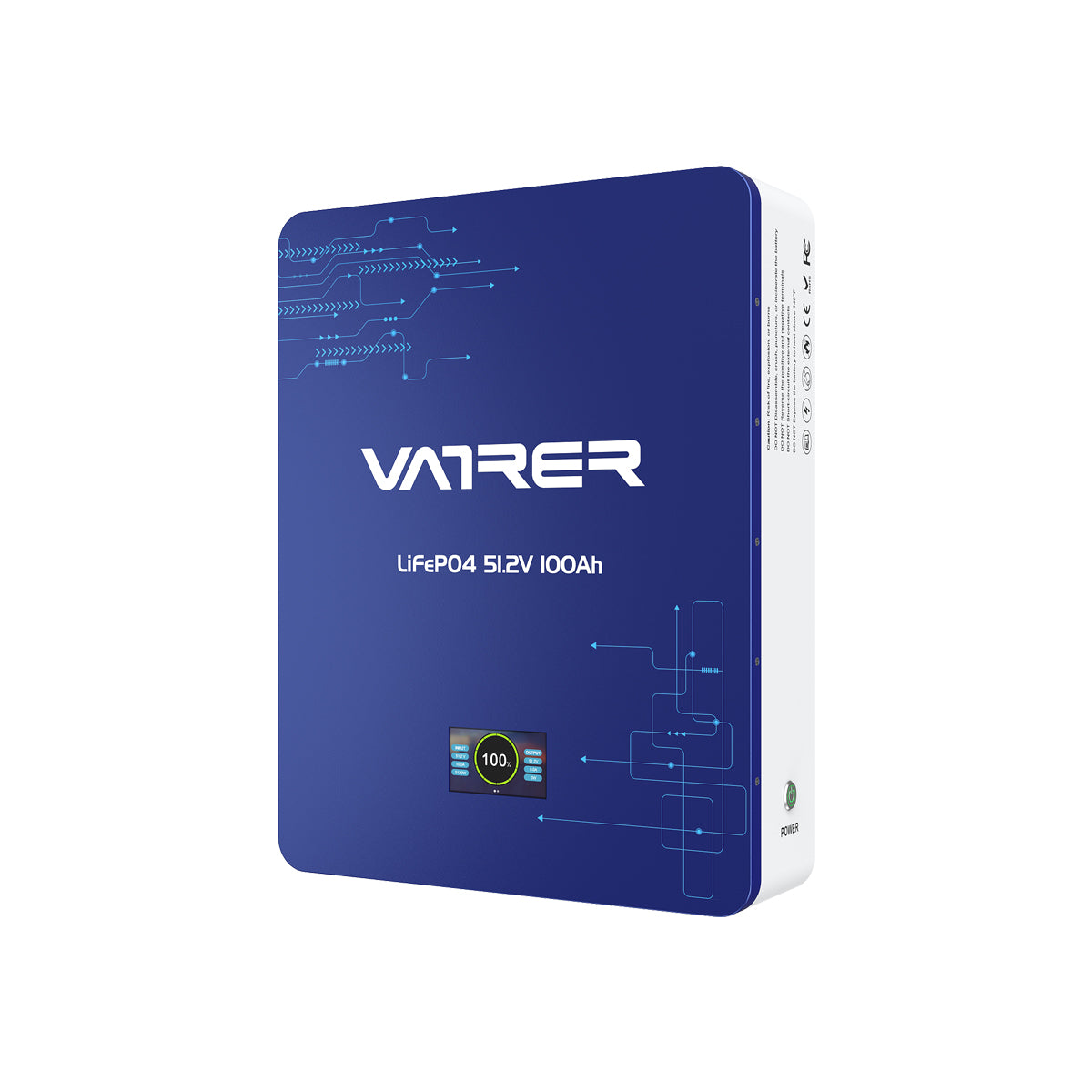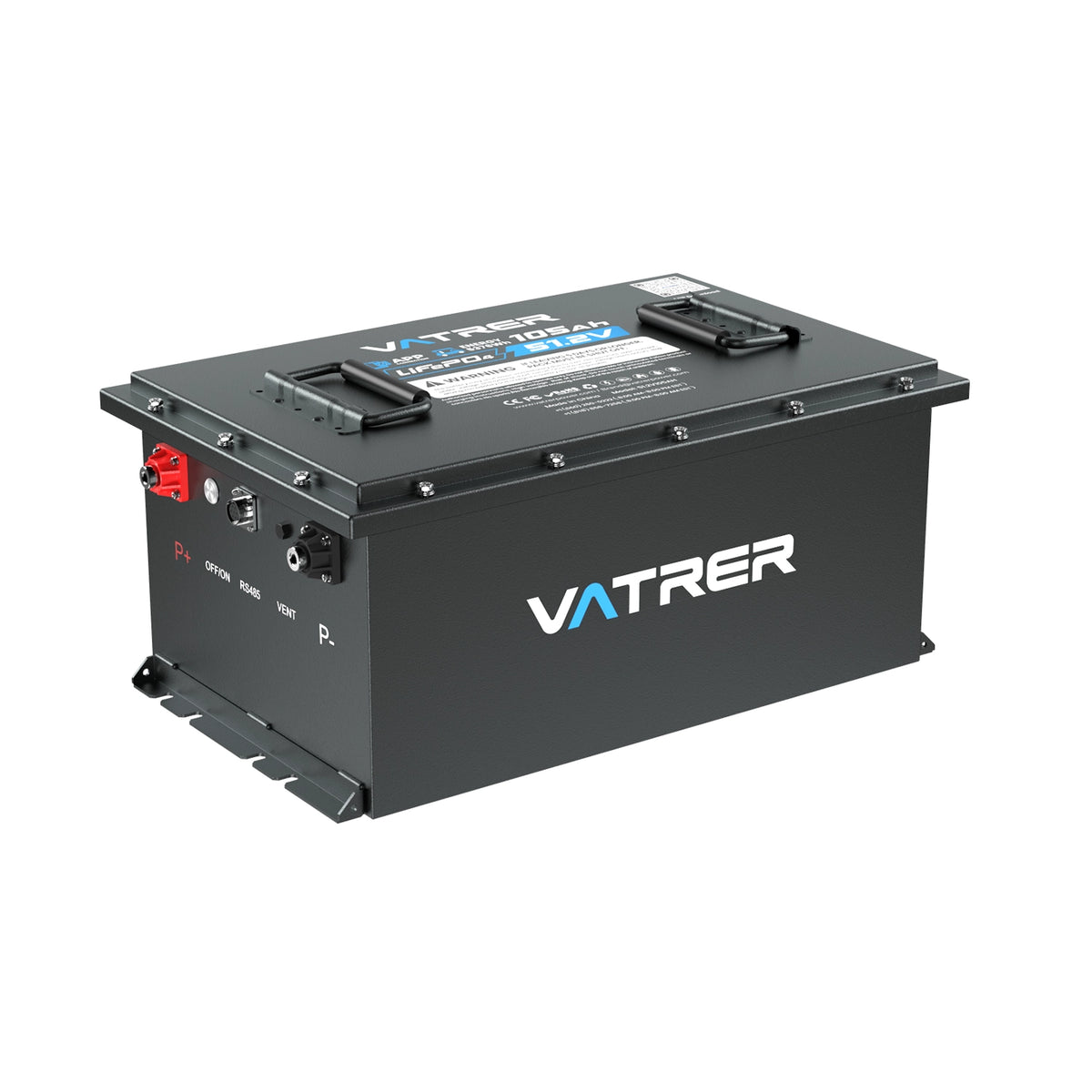1. Introduction to Solar Power Systems
Overview of Solar Power Systems
Solar power systems have become a cornerstone of renewable energy solutions worldwide. They harness the sun's energy through photovoltaic (PV) panels, converting sunlight into electricity. This electricity can be used immediately, stored in batteries for later use, or fed into the grid. The increasing demand for sustainable energy sources has propelled the development and deployment of solar power systems in residential, commercial, and industrial settings.
Importance of Connectivity in Solar Systems
Connectivity is a critical aspect of solar power systems. Efficient energy transfer from solar panels to batteries and inverters requires robust and reliable connections. The choice of cables and connectors directly impacts the system's performance, efficiency, and safety. Proper connectivity ensures minimal energy loss, optimal power delivery, and long-term reliability of the solar power system.

2. Understanding Power Cables in Solar Systems
Types of Power Cables Used
In solar power systems, various types of power cables are employed to facilitate energy transfer. These include:
-
Photovoltaic (PV) Cables: Specifically designed for connecting solar panels, these cables are UV-resistant and can withstand harsh environmental conditions.
-
Battery Cables: Used to connect batteries to inverters or charge controllers, these cables are typically thicker to handle higher current loads.
-
Inverter Cables: These cables connect the inverter to the electrical grid or load, ensuring efficient power conversion and distribution.
Role of Power Cables in Solar Energy Transfer
Power cables play a pivotal role in solar energy transfer by providing a conduit for electricity to flow between different components of the system. They must be capable of handling the electrical load, resist environmental degradation, and maintain a stable connection to prevent energy loss and ensure safety.
3. The 4-Pin Power Cable
Description and Specifications
The 4-pin power cable is a specific type of connector used in solar power systems. It typically features four conductors within a single cable, each serving a distinct purpose in the energy transfer process. These cables are often used in applications where multiple connections are required, such as linking solar panels to a charge controller or inverter.
Common Uses and Applications
4-pin power cables are commonly used in:
-
Solar Battery Connections: They connect solar batteries to inverters or charge controllers, facilitating efficient energy storage and retrieval.
-
Hybrid Systems: In systems that combine solar power with other energy sources, 4-pin cables can manage multiple inputs and outputs.
-
Portable Solar Solutions: These cables are ideal for portable solar setups, where quick and reliable connections are essential.
4. Technical Specifications of 4-Pin Power Cables
Material and Construction
4-pin power cables are typically constructed from high-quality materials to ensure durability and performance. Common materials include:
-
Copper Conductors: Known for excellent conductivity and flexibility, copper is the preferred choice for the conductors within the cable.
-
Insulation: The conductors are insulated with materials such as PVC or rubber to prevent electrical leakage and protect against environmental factors.
-
Outer Sheath: An additional layer of protection, the outer sheath shields the cable from physical damage and UV exposure.
Electrical Properties and Ratings
The electrical properties of 4-pin power cables are crucial for their performance in solar systems. Key specifications include:
-
Current Rating: The maximum current the cable can safely carry without overheating.
-
Voltage Rating: The maximum voltage the cable can handle without risk of breakdown.
-
Temperature Range: The operational temperature range, indicating the cable's ability to function in various environmental conditions.
5. Installation and Safety Considerations
Proper Installation Techniques
Proper installation of 4-pin power cables is essential to ensure system efficiency and safety. Key techniques include:
-
Correct Sizing: Selecting the appropriate cable size based on the system's current and voltage requirements.
-
Secure Connections: Ensuring all connections are tight and secure to prevent energy loss and potential hazards.
-
Routing and Protection: Properly routing cables to avoid physical damage and using protective conduits where necessary.
Safety Precautions and Standards
Adhering to safety standards and precautions is vital when working with 4-pin power cables. Important considerations include:
-
Compliance with Standards: Ensuring cables meet relevant industry standards, such as UL or IEC certifications.
-
Regular Inspections: Conducting routine inspections to identify and address any signs of wear or damage.
-
Proper Grounding: Implementing grounding measures to prevent electrical shock and equipment damage.
6. Comparison with Other Cable Types
Differences Between 4-Pin and Other Connectors
4-pin power cables differ from other connectors in several ways:
-
Number of Conductors: Unlike single or dual-conductor cables, 4-pin cables offer multiple connections within a single unit, providing greater versatility.
-
Application Flexibility: 4-pin cables are suitable for complex systems requiring multiple connections, whereas other cables may be limited to simpler setups.
Advantages and Disadvantages
Advantages:
-
Versatility: Suitable for a wide range of applications, from residential to industrial solar systems.
-
Efficiency: Multiple conductors within a single cable reduce the need for additional wiring, minimizing energy loss.
Disadvantages:
-
Complexity: Installation and maintenance may be more complex compared to simpler cable types.
-
Cost: Higher material and manufacturing costs can make 4-pin cables more expensive than other options.
7. Conclusion
Summary of Key Points
The 4-pin power cable is a vital component in solar power systems, offering versatility and efficiency in energy transfer. Its robust construction and multiple conductors make it ideal for complex solar setups, ensuring reliable connectivity and minimal energy loss.
Future Trends in Solar Power Connectivity
As solar technology continues to evolve, the demand for advanced connectivity solutions like 4-pin power cables is expected to grow. Innovations in materials and design will likely enhance their performance, making them an integral part of future solar power systems. The focus will be on improving efficiency, reducing costs, and ensuring compatibility with emerging technologies, paving the way for more sustainable and efficient energy solutions.

![[Buying Guide] Should I Buy Lithium Batteries on Black Friday?](http://www.vatrerpower.com/cdn/shop/articles/Should-I-Buy-Lithium-Batteries-on-Black-Friday.webp?v=1731467571&width=500)

